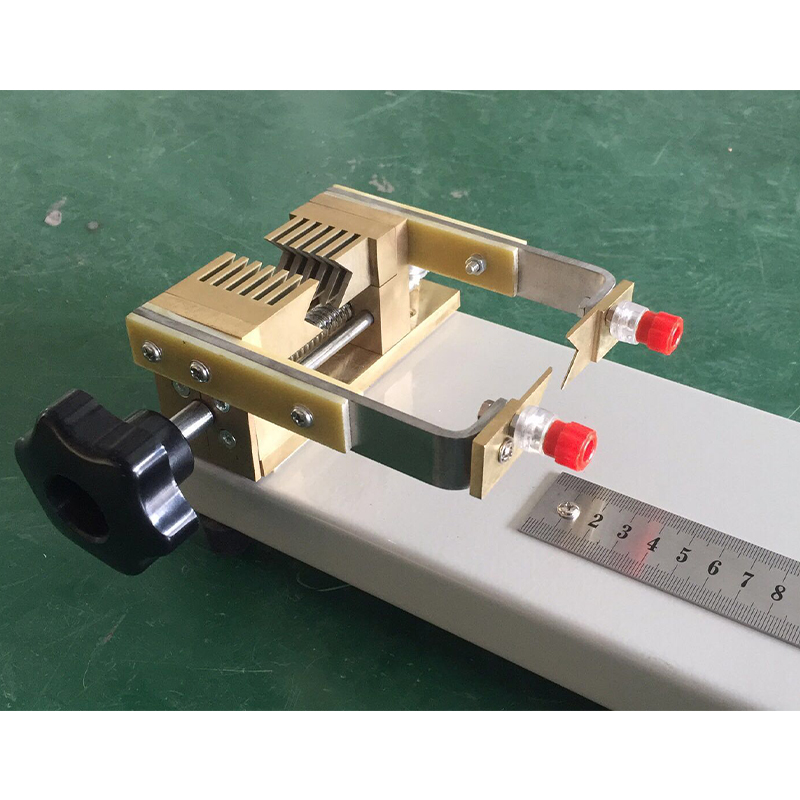Advanced Manufacturing Techniques for Electronic and Optical Measurement Instruments in a High-Tech Factory
Electronic and Optical Measurement Instruments Factory Empowering Precision and Innovation
In the rapidly advancing world of technology, precision measurement is crucial across various industries, including telecommunications, aerospace, automotive, and pharmaceuticals. The electronic and optical measurement instruments factory stands at the forefront of this endeavor, producing vital tools that ensure accuracy and reliability in measurements. This article explores the significance of such factories, the types of instruments they manufacture, and their role in promoting innovation.
The Importance of Measurement Instruments
Measurement instruments are essential for quantifying physical quantities—from voltage, current, and resistance in electronic devices to light intensity, wavelengths, and angles in optical systems. Precise measurements lead to better product quality, enhanced safety standards, and more efficient processes. For instance, in the pharmaceutical industry, accurate measurements are critical for testing drug efficacy, while in manufacturing, they ensure that products meet stringent specifications. Thus, electronic and optical measurement instruments are not merely tools; they are foundational elements that support the integrity of numerous industries.
Types of Instruments Manufactured
An electronic and optical measurement instruments factory typically produces a diverse array of products designed to meet the varying needs of different sectors. Commonly manufactured instruments include
1. Multimeters These versatile devices measure voltage, current, and resistance, serving as essential tools for electricians and technicians. 2. Oscilloscopes Used to visualize electrical signals over time, oscilloscopes are indispensable in research and development, enabling engineers to analyze waveforms and troubleshoot circuits.
3. Spectrophotometers These optical devices measure how much light a chemical substance absorbs at different wavelengths, vital in chemistry and biology for studying compounds and reactions.
4. Laser Measurement Systems Utilizing laser technology, these systems provide high-precision distance measurements, crucial in construction and manufacturing applications.
5. Thermal Imaging Cameras Employed in various fields from electrical inspections to medical diagnostics, these cameras capture infrared radiation to produce images of temperature variations.
electronic and optical measurement instruments factory

Role in Innovation
The electronic and optical measurement instruments factory plays a vital role in fostering innovation. As technologies evolve, so does the need for more advanced measurement solutions. Factories focused on electronic and optical instruments invest heavily in research and development to pioneer cutting-edge technologies that enhance measurement capabilities.
For instance, the integration of artificial intelligence and machine learning into measurement devices has led to smarter instruments that not only collect data but also analyze it and provide insightful feedback. This leap forward enables industries to optimize processes, enhance predictive maintenance, and improve decision-making.
Moreover, the increasing trend toward miniaturization and the Internet of Things (IoT) demands compact and interconnected measurement solutions. Factories that adapt to these trends not only survive but thrive, positioning themselves as leaders in the measurement instruments market.
Sustainability and Future Directions
As environmental concerns rise, electronic and optical measurement instruments factories are increasingly focusing on sustainability. This includes the development of energy-efficient devices and implementing eco-friendly manufacturing processes. The drive for sustainable practices not only reduces environmental impact but also meets the growing consumer demand for responsible manufacturing.
In the coming years, we can expect significant advancements in measurement technology, driven by the constant need for accuracy and efficiency. The rise of smart cities, renewable energy technologies, and autonomous systems will further propel the demand for sophisticated measurement instruments.
Conclusion
In conclusion, the electronic and optical measurement instruments factory plays an indispensable role in ensuring precision across various industries. By manufacturing a wide range of sophisticated measurement tools and continuously innovating, these factories contribute significantly to technological advancement and the betterment of society. As we move towards a more interconnected and data-driven future, their importance will only continue to grow, laying the groundwork for new possibilities and innovations.
-
The Role of Tensile Force Testers in Quality Control and Material Science
NewsAug.01,2025
-
Maintenance and Safety Tips for Aging Ovens
NewsAug.01,2025
-
Density Balance in Forensic Science
NewsAug.01,2025
-
Advanced Optical Measurement Technologies
NewsAug.01,2025
-
A Buyer’s Guide to Tensile Test Machines
NewsAug.01,2025
-
Why the Conductor Resistance Constant Temperature Measurement Machine Redefines Precision
NewsJun.20,2025
 Copyright © 2025 Hebei Fangyuan Instrument & Equipment Co.,Ltd. All Rights Reserved. Sitemap | Privacy Policy
Copyright © 2025 Hebei Fangyuan Instrument & Equipment Co.,Ltd. All Rights Reserved. Sitemap | Privacy Policy
